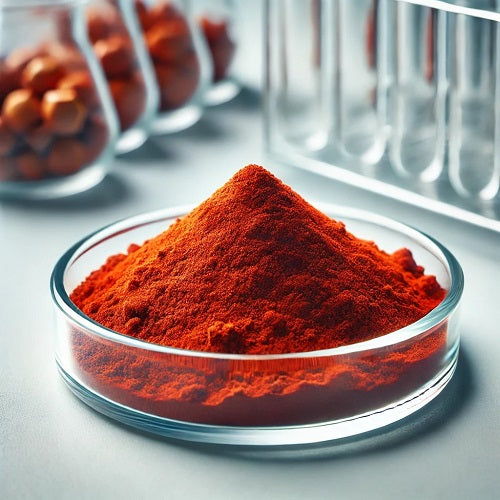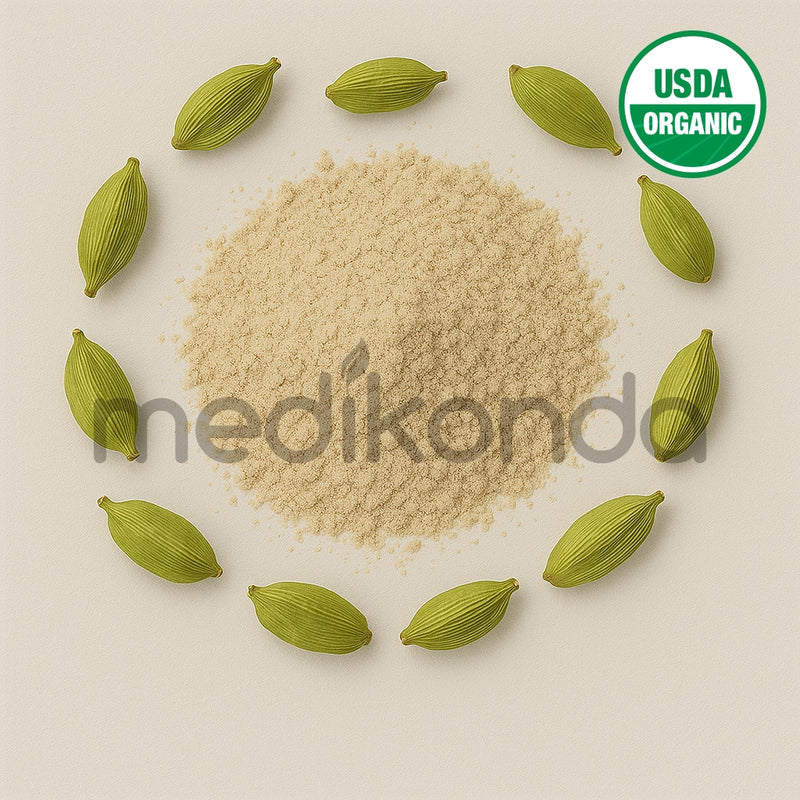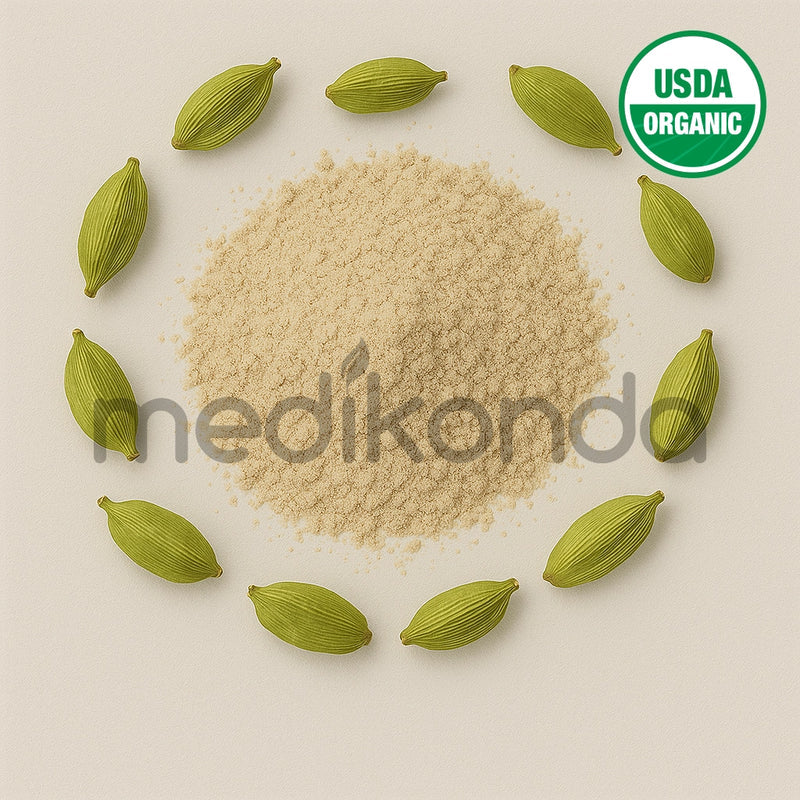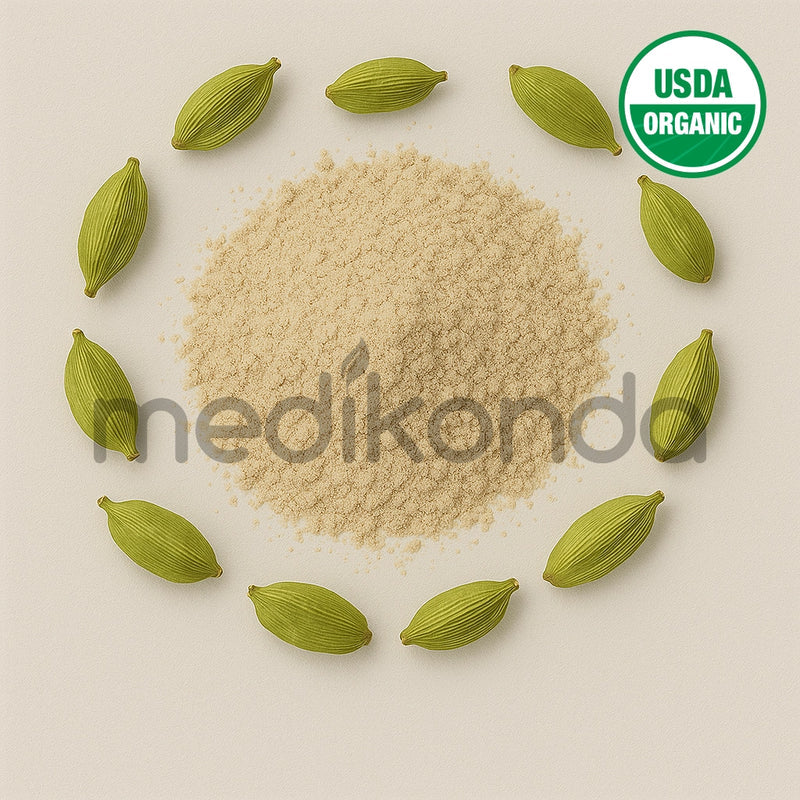Add description, images, menus and links to your mega menu
A column with no settings can be used as a spacer
Link to your collections, sales and even external links
Add up to five columns
Add description, images, menus and links to your mega menu
A column with no settings can be used as a spacer
Link to your collections, sales and even external links
Add up to five columns
LOOKING FOR BULK INGREDIENTS PRICING?
GET INSTANT QUOTEwhat ingredient are you looking for?

Benefits of Methoxatin - Wholesale B2B Bulk Suppliers in Australia and New Zealand
Methoxatin: The Active Form of Vitamin B2 with Critical Biological Functions
What is Methoxatin?
Methoxatin, also known as Pyrroloquinoline Quinone (PQQ) or coenzyme PQQ, is a redox cofactor and bioactive compound that plays a pivotal role in cellular energy metabolism and antioxidant protection. Though often associated with B vitamins, Methoxatin is not officially classified as a vitamin but behaves like one in many biological functions. It is found naturally in small amounts in certain foods and is also produced by bacteria.
Methoxatin is best known for its ability to support mitochondrial function, promote cellular growth, and protect the body against oxidative stress.
Biological Role of Methoxatin
Methoxatin functions as a redox cofactor—meaning it facilitates oxidation-reduction (electron transfer) reactions within the body. It is essential for the activity of certain enzymes involved in cellular respiration and energy production, especially in the mitochondria, the "powerhouses" of the cell.
Key Roles Include:
-
Stimulating mitochondrial biogenesis (production of new mitochondria)
-
Enhancing energy metabolism
-
Acting as a powerful antioxidant
-
Supporting cognitive health and memory
-
Modulating inflammatory responses
Health Benefits of Methoxatin
1. Improves Cellular Energy
Methoxatin supports enzymes involved in mitochondrial function, helping increase ATP (adenosine triphosphate) production—the main energy currency of the cell. This is particularly valuable for cells with high energy demands like brain and muscle cells.
2. Powerful Antioxidant Activity
PQQ is remarkably stable as an antioxidant, capable of neutralizing free radicals and preventing oxidative stress far more efficiently than many other antioxidants. It may help protect DNA, proteins, and lipids from damage.
3. Supports Brain Function
By promoting mitochondrial efficiency and protecting neurons from oxidative damage, Methoxatin may:
-
Improve cognitive function
-
Enhance memory and learning
-
Offer neuroprotective benefits
Research also suggests it may stimulate the production of nerve growth factor (NGF), which supports neuron survival and growth.
4. Cardiovascular Health
Methoxatin’s antioxidant and anti-inflammatory effects may help support heart health, reduce oxidative stress in blood vessels, and improve lipid metabolism.
5. Immune Support
It modulates immune responses and helps maintain healthy levels of cytokines and immune-regulating factors.
Dietary Sources of Methoxatin
Although found in very small quantities, Methoxatin is present in:
-
Fermented soy (like natto)
-
Green tea
-
Spinach
-
Parsley
-
Kiwi
-
Papaya
-
Tofu
-
Human breast milk (in trace amounts)
Methoxatin Supplements
Due to its low natural concentration in food, Methoxatin is often consumed as a dietary supplement in doses ranging from 10 to 40 mg per day. These supplements are used to:
-
Boost energy levels
-
Improve cognitive function
-
Support healthy aging
-
Combat chronic fatigue
-
Promote overall vitality
Safety and Side Effects
Methoxatin is generally considered safe and well-tolerated, with no serious side effects reported in clinical studies. However, very high doses may lead to mild side effects such as:
-
Headache
-
Insomnia
-
Mild gastrointestinal upset
As with any supplement, it's best to consult a healthcare provider before starting regular use.
Final Thoughts
Methoxatin (PQQ) is a unique, powerful nutrient that supports energy metabolism, mitochondrial health, and antioxidant defense. Though not officially classified as a vitamin, its biological significance is undeniable. Whether you're aiming to boost mental clarity, fight fatigue, or support healthy aging, Methoxatin offers promising benefits at the cellular level—making it a worthy addition to modern nutritional and therapeutic strategies.
For bulk orders and inquiries, visit Medikonda Nutrients - Methoxatin
Medikonda Nutrients is the Largest Manufacturer, B2B Bulk Wholesale Supplier of Methoxatin in Australia and New Zealand.
Also in Medikonda: Health & Wellness
SUBSCRIBE NOW ...
Don't miss to get latest updates on sales, new releases and promotions




